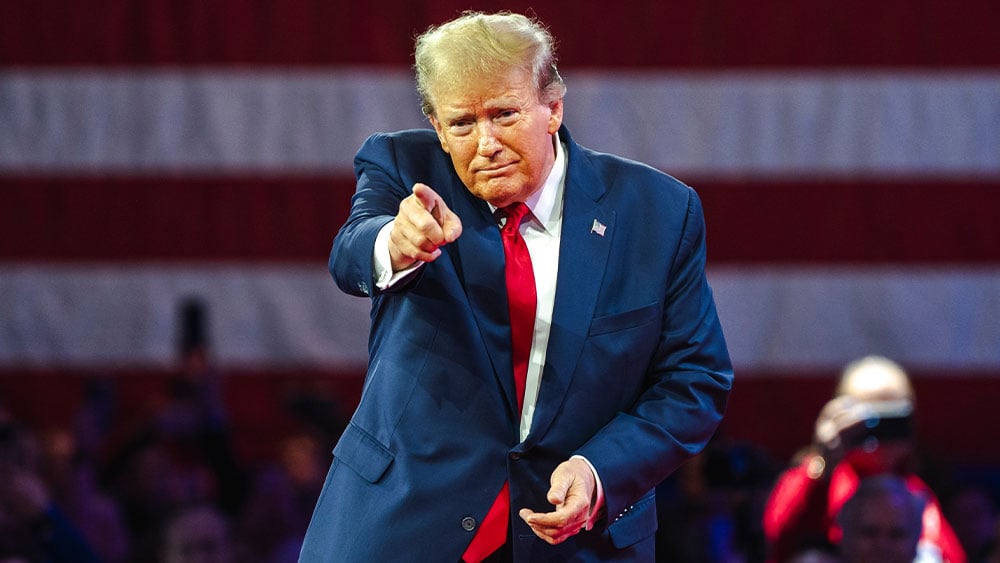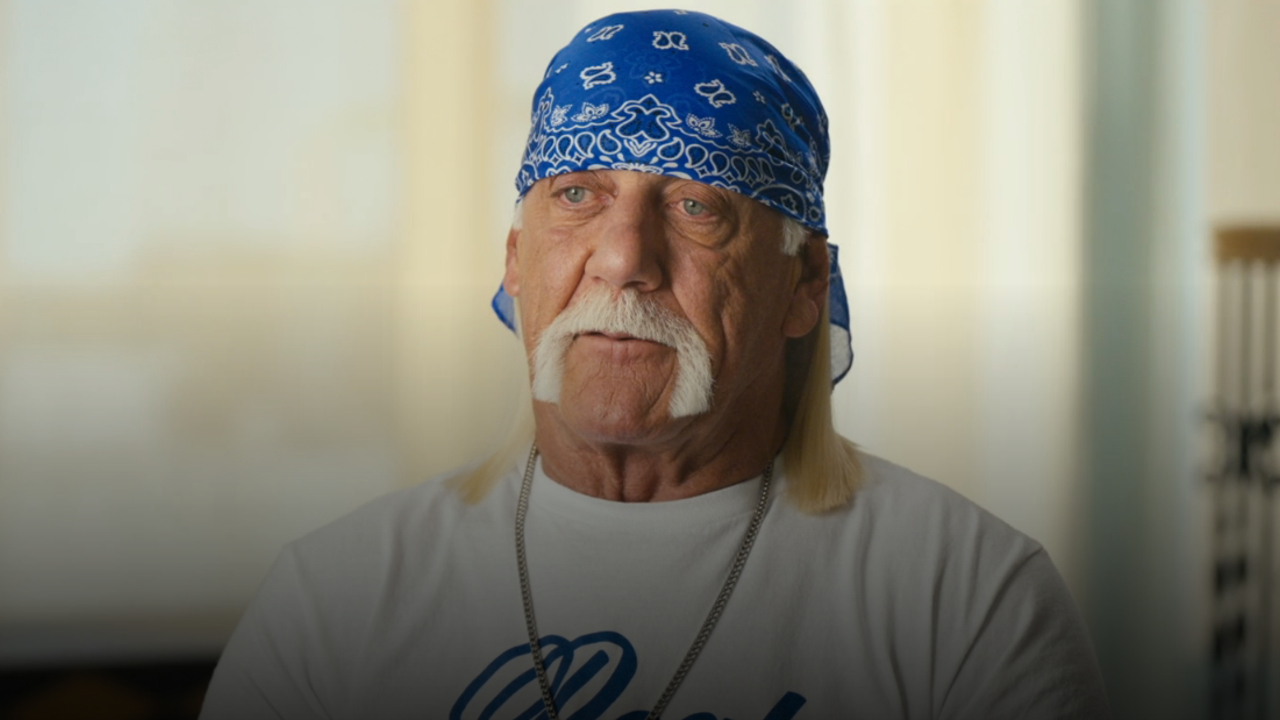
President Donald Trump delivered the pharmaceutical industry another blow this week, threatening 100% tariffs on companies who don’t have a manufacturing presence in the U.S.
In a post on social media platform Truth Social, Trump said the administration will impose a 100% tariff starting Oct. 1 “on any branded or patented Pharmaceutical Product, unless a Company IS BUILDING their Pharmaceutical Manufacturing Plant in America.”
The post adds to the fast-moving nature of trade politics in 2025. Earlier this year, Trump said he would levy tariffs up to 200% on drug imports coming into the U.S. But he later said those would go into effect in a “year, year and a half.” A month later, he settled on a 15% tariff on products coming from Europe.
Analysts say the newest pharmaceutical tariff threat carries a lot of uncertainty.
“Many large-cap biopharmaceutical companies should not be exposed because they are engaged in some sort of U.S. facility construction activity, but it is difficult to predict which smaller U.S. biopharma companies may face exposure,” Leerink Partners analyst David Risinger said in a report.
Pharma stocks stayed in the green following the announcement.
SPDR S&P Pharmaceutical ETF (XPH) rose 1.6%, while VanEck Pharmaceutical ETF (PPH) advanced 0.6%. On the biotech side, SPDR S&P Biotech ETF (XBI), iShares Biotechnology ETF (IBB) and ProShares Ultra Nasdaq Biotechnology (BIB) each inched up a fraction.
Pharmaceutical Tariffs In Headlines, Again
William Blair analysts estimate that pharmaceutical companies have announced more than $350 million in manufacturing investments in the U.S. — much of it following Trump’s initial tariff threats. On Friday, following Trump’s late Thursday post, Amgen (AMGN) said it will expand U.S. manufacturing by $650 million.
The expansion underscores Amgen’s commitment to U.S. bio-manufacturing, Chief Executive Robert Bradway said in a statement.
“By growing our capacity to deliver innovative medicines with cutting edge technology in our manufacturing plants, we will not only better serve patients but also create high-quality jobs that reinforce America’s leadership in biotechnology,” he said.
Trump said the pharmaceutical tariff would not apply to companies who are “breaking ground” on new plants and/or those with manufacturing facilities “under construction.”
But William Blair’s analysts say it’s still not clear whether the pharmaceutical tariffs would affect drug ingredients or finished products.
On recent earnings calls, Argenx (ARGX), AbbVie (ABBV) and Novartis (NVS) called out key products manufactured in the U.S. Vertex Pharmaceuticals (VRTX), Alnylam Pharmaceuticals (ALNY), Moderna (MRNA) and Axsome Therapeutics (AXSM) have all said the majority of their commercial manufacturing is done stateside.
Are Tariffs A Negotiating Tactic?
Risinger of Leerink suggested Trump’s post could be a negotiating tactic related to the ongoing Section 232 investigation. Trump previously said pharmaceutical tariffs wouldn’t be implemented for 12 to 18 months. A Section 232 investigation examines whether imports have an effect on national security.
Separately, the administration also announced a Section 232 investigation on Thursday into medical devices. Investor’s Business Daily’s Medical-Products industry group slipped almost 2% in response.
“While tariffs are not always the conclusion of a Section 232 investigation (we estimate less than half of 232 cases since 1981 resulted in tariffs), the Trump administration has leaned on this process to implement tariffs before,” William Blair analyst Brandon Vazquez said in a report.
Unlike pharmaceutical tariffs, the timing on medical device tariffs is harder to predict, Needham analysts said in a report.
“We expect the medical device investigation to eventually result in additional tariffs for the industry though Trump may take a similar approach as with pharmaceuticals and gradually increase tariffs over time,” they said. “We believe that most medical device companies manufacture some portion of their products outside the U.S. and/or rely on raw materials and/or components manufactured outside the U.S.”
Tariffs Could Face Legal Opposition
Medical devices companies could take a page out of drugmakers’ book — adding domestic production to sidestep tariffs, Needham’s analysts said. But that takes “considerable time.”
It’s also unclear, Leerink’s Risinger said, how the administration will take into account manufacturing outsourcing. Many pharmaceutical companies use third-party sources to make their drugs.
And there’s always potential court action, he added.
“Will Administrative action be durable and not reversed upon potential legal challenges?” he said. “Thus, we await details on President Trump’s plan.”
Follow Allison Gatlin on X/Twitter at @AGatlin_IBD.
YOU MAY ALSO LIKE:
A Cure For Huntington’s Disease? UniQure Launches Nearly 250%.
Crinetics Pharma Surges After FDA OKs Its Treatment For A Form Of Gigantism
Looking For The Next Big Stock Market Winners? Start With These 3 Steps
Best Growth Stocks To Buy And Watch: See Updates To IBD Stock Lists



